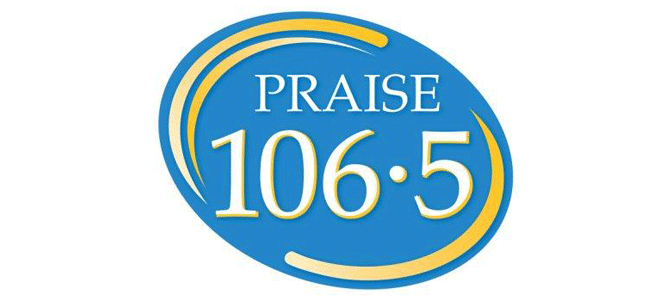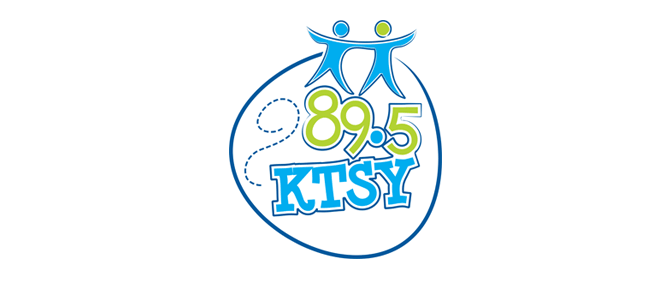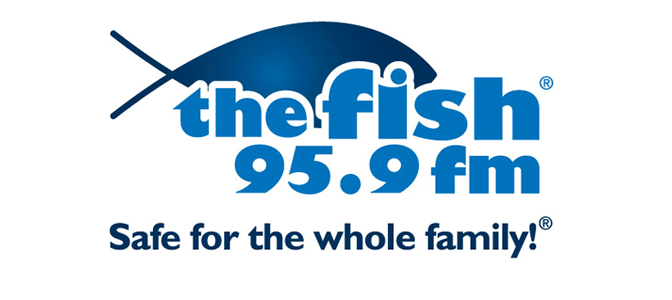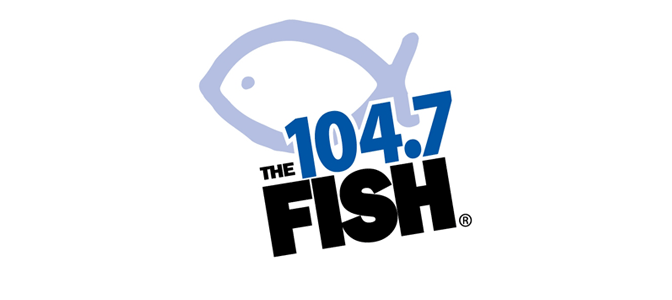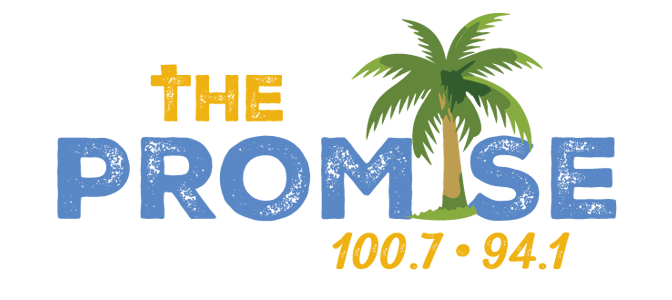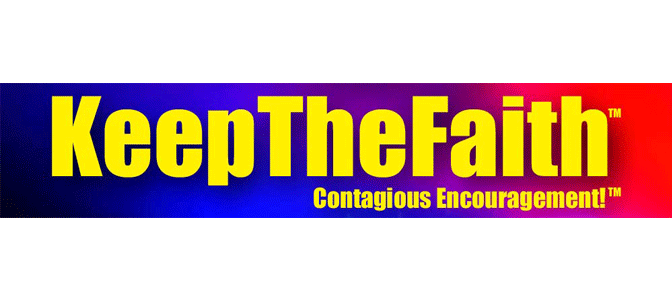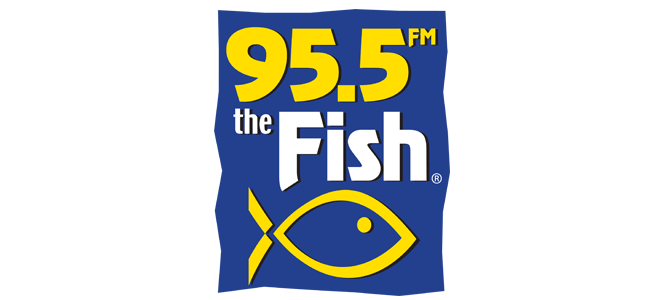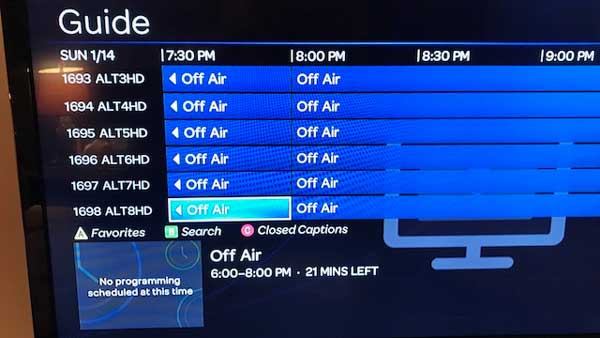Maybe you haven’t thought about this in a while, but in moving back from five and a half years in Hawaii to my home town of Shreveport, Louisiana, I’m resetting the stations on my car radio. As a result, I’ve been listening to a lot of different stations recently. And I’m hearing a lot of things on music stations that I thought had been killed off a long time ago…
The “first in, last out” (FILO) thing where every break mandatorily starts with the name of the station, then also ends with the name of the station. (This was always ridiculous. Why do you want to sound like you somehow forgot that you said your name a few seconds ago? And why would you EVER put the name of your station right next to a commercial break? Think about it: You = commercials is not a good impression to lock into the listener’s brain.)







